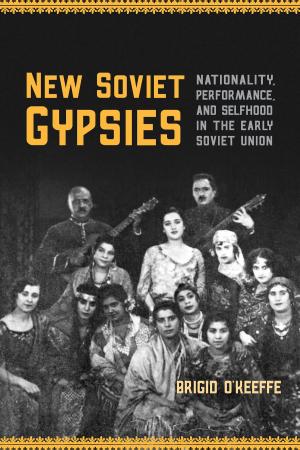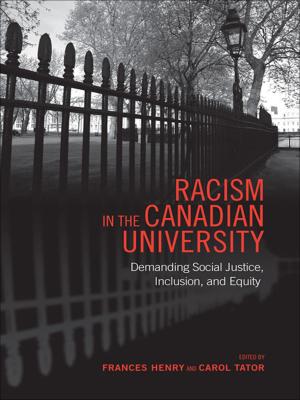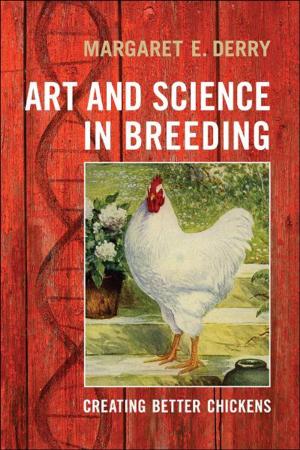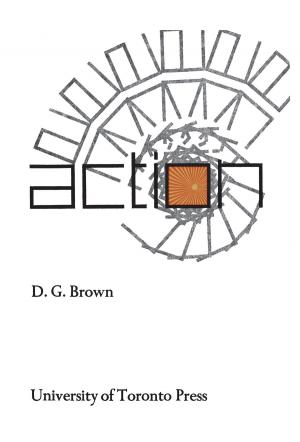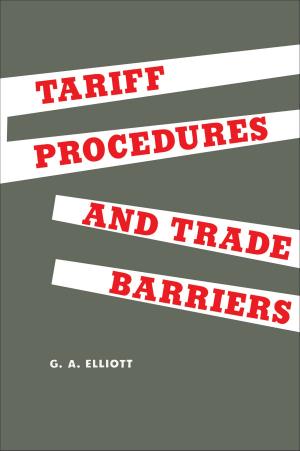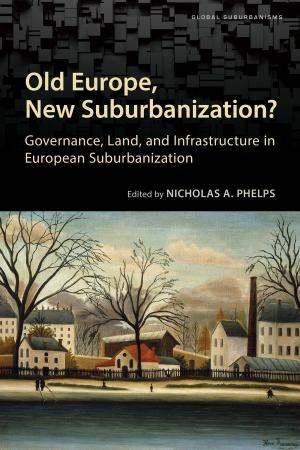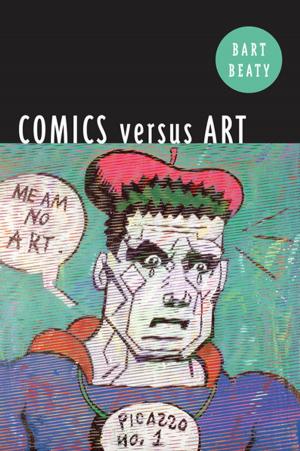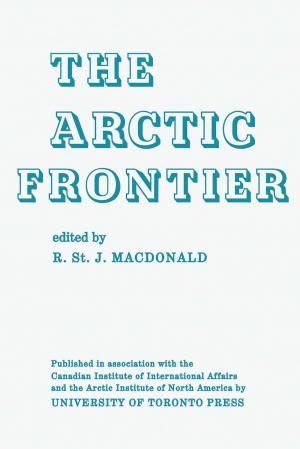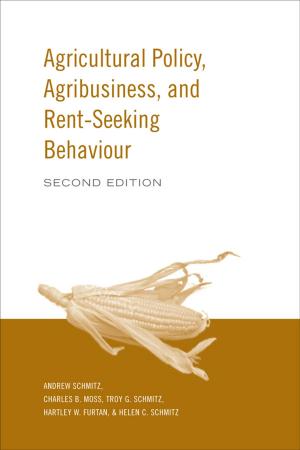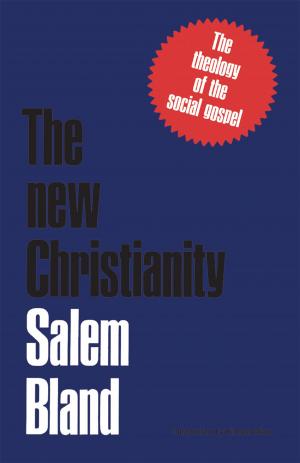Methods of Murder
Beccarian Introspection and Lombrosian Vivisection in Italian Crime Fiction
Fiction & Literature, Literary Theory & Criticism, European, Italian| Author: | Elena M. Past | ISBN: | 9781442698109 |
| Publisher: | University of Toronto Press, Scholarly Publishing Division | Publication: | March 13, 2012 |
| Imprint: | Language: | English |
| Author: | Elena M. Past |
| ISBN: | 9781442698109 |
| Publisher: | University of Toronto Press, Scholarly Publishing Division |
| Publication: | March 13, 2012 |
| Imprint: | |
| Language: | English |
The first extended analysis of the relationship between Italian criminology and crime fiction in English, Methods of Murder examines works by major authors both popular, such as Gianrico Carofiglio, and canonical, such as Carlo Emilio Gadda.
Many scholars have argued that detective fiction did not exist in Italy until 1929, and that the genre, which was considered largely Anglo-Saxon, was irrelevant on the Italian peninsula. By contrast, Past traces the roots of the twentieth-century literature and cinema of crime to two much earlier, diverging interpretations of the criminal: the bodiless figure of Cesare Beccaria’s Enlightenment-era On Crimes and Punishments, and the biological offender of Cesare Lombroso’s positivist Criminal Man.
Through her examinations of these texts, Past demonstrates the links between literary, philosophical, and scientific constructions of the criminal, and provides the basis for an important reconceptualization of Italian crime fiction.
The first extended analysis of the relationship between Italian criminology and crime fiction in English, Methods of Murder examines works by major authors both popular, such as Gianrico Carofiglio, and canonical, such as Carlo Emilio Gadda.
Many scholars have argued that detective fiction did not exist in Italy until 1929, and that the genre, which was considered largely Anglo-Saxon, was irrelevant on the Italian peninsula. By contrast, Past traces the roots of the twentieth-century literature and cinema of crime to two much earlier, diverging interpretations of the criminal: the bodiless figure of Cesare Beccaria’s Enlightenment-era On Crimes and Punishments, and the biological offender of Cesare Lombroso’s positivist Criminal Man.
Through her examinations of these texts, Past demonstrates the links between literary, philosophical, and scientific constructions of the criminal, and provides the basis for an important reconceptualization of Italian crime fiction.

